Dysgraphia Testing in Ann Arbor, MI
Dysgraphia Testing and Treatment at Ann Arbor Therapy & Testing
At Ann Arbor Therapy & Testing, we specialize in comprehensive dysgraphia testing for children, adolescents, and adults. Our evidence-based approach ensures accurate diagnoses and tailored treatment plans that meet the unique needs of each individual.
What Are the Symptoms of Dysgraphia?
Dysgraphia is a specific learning disability that affects an individual’s ability to write. It can manifest in difficulties with spelling, poor handwriting, and trouble putting thoughts on paper. Dysgraphia can impact both the mechanical aspects of writing, such as forming letters, and the cognitive aspects, such as organizing and structuring written work.
Individuals with dysgraphia may experience:
- Illegible handwriting
- Inconsistent spacing between letters and words
- Difficulty with grammar and sentence structure
- Poor spelling and punctuation
- Challenges in organizing thoughts coherently in writing
Dysgraphia’s Impact on Learning
Dysgraphia can significantly impact an individual’s academic performance and self-esteem. In educational settings, writing is a fundamental skill used in most subjects. Students with dysgraphia may struggle to keep up with note-taking, complete written assignments, and perform well on written tests. These challenges can lead to frustration, anxiety, and a negative self-image. Early identification and intervention are crucial to help individuals with dysgraphia develop effective coping strategies and support their academic success.

Start Your Journey Here
Offering In-Person and Teletherapy Options For You or a Loved One
Our Approach
- Evidence-Based Testing: We use scientifically validated assessment tools to diagnose dysgraphia accurately. Our process includes clinical interviews, standardized writing assessments, and cognitive testing. This thorough approach helps us understand the full scope of an individual’s strengths and challenges.
- Thorough Treatment Planning: After a diagnosis, we develop a personalized treatment plan that addresses the specific needs of the individual. Our plans incorporate a range of supports, including occupational therapy, educational accommodations, assistive technology, and counseling services. We believe in a holistic approach that considers all aspects of an individual’s life.
- Multiple Supports: Managing dysgraphia often requires a multi-faceted approach. Our team collaborates with educators, healthcare providers, and families to ensure a comprehensive support network. We provide resources and guidance to help individuals thrive in their daily lives.
Here are some educational accommodations that Ann Arbor Testing & Therapy can help implement to support individuals who have been formally diagnosed with dysgraphia:
Educational Accommodations
- Use of Technology: Providing access to computers, tablets, and assistive technology software can help individuals with dysgraphia. Tools such as speech-to-text programs, word processors with spell check, and graphic organizers can make writing tasks more manageable.
- Alternative Assignments: Allowing students to complete assignments using alternative formats, such as oral presentations, visual projects, or video recordings, can reduce the pressure of written work while still demonstrating their understanding of the material.
- Extended Time: Giving students extra time to complete writing tasks and assessments can alleviate the stress and allow them to produce higher-quality work. This can be especially helpful during standardized testing.
- Note-Taking Support: Providing copies of class notes, outlines, or guided notes can help students keep up with the material. Some students may benefit from using a note-taking buddy or audio recording lectures to review later.
- Reduced Writing Load: Modifying the amount of writing required for assignments and tests can help students focus on quality rather than quantity. For example, reducing the number of written responses or allowing bullet-point answers can be beneficial.
- Graphic Organizers: Using graphic organizers to plan and organize written work can help students structure their thoughts and ideas more effectively. These tools can be especially useful for essay writing and project planning.
- Handwriting Instruction: Providing explicit instruction and practice in handwriting can help improve legibility and writing fluency. Occupational therapy may also be beneficial in addressing fine motor skills.
- Use of Scribes: Allowing students to dictate their responses to a scribe or use a voice-to-text program can help them express their ideas without the physical act of writing.
- Frequent Breaks: Allowing students to take short breaks during writing tasks can help reduce fatigue and maintain focus. This can be particularly helpful for longer assignments or tests.
Experienced and Highly Qualified Psychotherapy and Psychological Testing Services

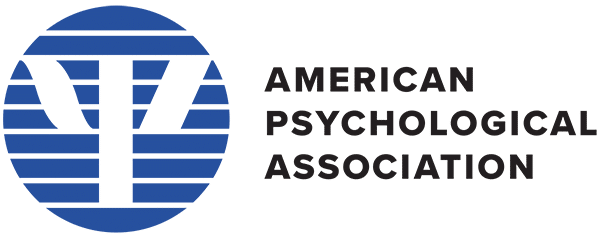

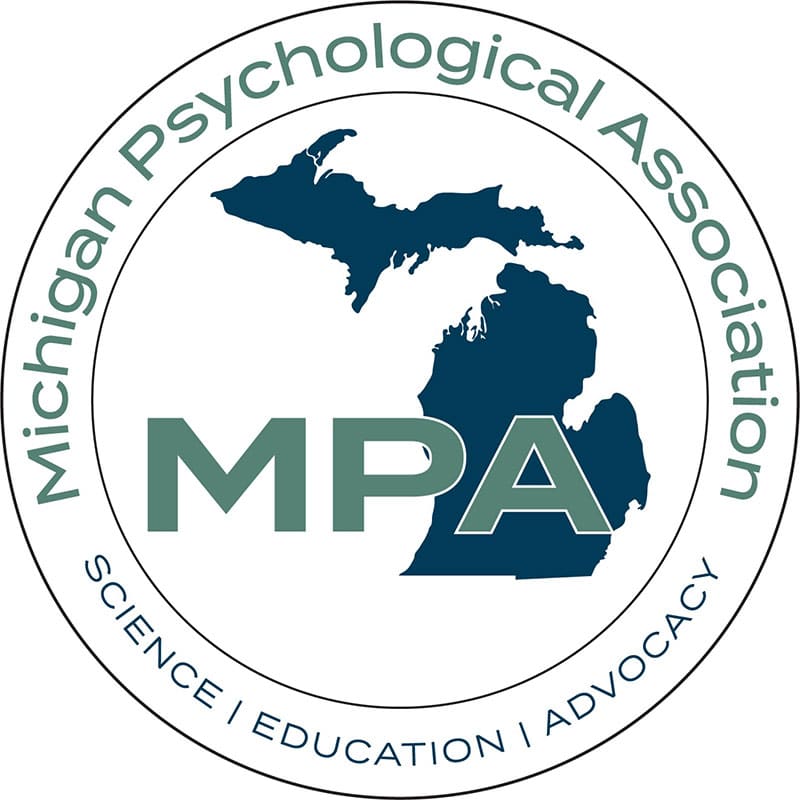
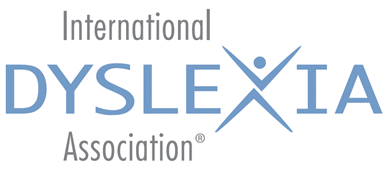
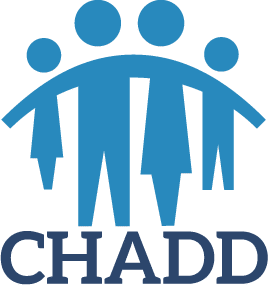
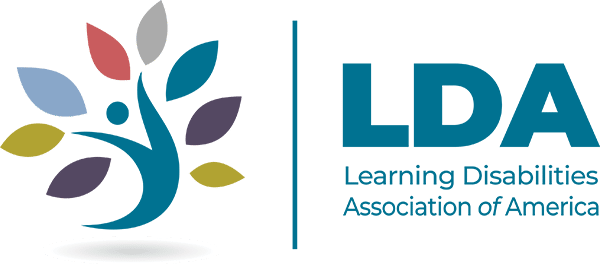
Our Values
- Empathy: We understand that a dysgraphia diagnosis can be overwhelming. Our compassionate team is here to support you every step of the way. We listen, we care, and we are dedicated to helping you achieve your goals.
- Self-Awareness: We empower individuals with dysgraphia to develop self-awareness and self-advocacy skills. Understanding one’s strengths and challenges is a crucial part of the journey toward effective management and personal growth.
- Resiliency: We believe in the power of resilience. Our goal is to help individuals build the strength to navigate life’s challenges and bounce back from setbacks. By fostering a resilient mindset, we aim to equip our clients with the tools they need to thrive despite obstacles, including the difficulties associated with dysgraphia.
- Positive Mindset: A positive mindset can make a significant difference in managing dysgraphia. We encourage a growth-oriented perspective, focusing on progress and possibilities. Our team promotes optimism and helps individuals cultivate a positive outlook on their journey, recognizing that improvement is possible with the right support.
- Improved Self-Esteem: We understand the impact that dysgraphia can have on self-esteem. Our approach emphasizes the development of a healthy self-image and self-confidence. By recognizing and celebrating individual achievements, we support our clients in building a strong sense of self-worth, helping them to see their potential beyond their writing challenges.
Get Started
If you or a loved one is experiencing symptoms of dysgraphia, we are here to help. Contact us today to schedule an assessment and take the first step toward a brighter future. Contact Ann Arbor Therapy & Testing at (734) 388-4440 to Learn More about Dysgraphia Testing
Also Offering These Excellent Testing Services:
- ADHD Testing
- Adoption Evaluations
- Asperger’s Testing
- Autism Evaluations
- Bipolar Disorder Testing
- Developmental and Intellectual Disability Testing
- Development & School Readiness Testing
- Learning Disabilities Testing
- IQ Testing
- Independent Educational Evaluations (IEE)
- Giftedness Testing
- Twice-Exceptional Testing
- Dyslexia Testing
- Dyscalculia Testing
